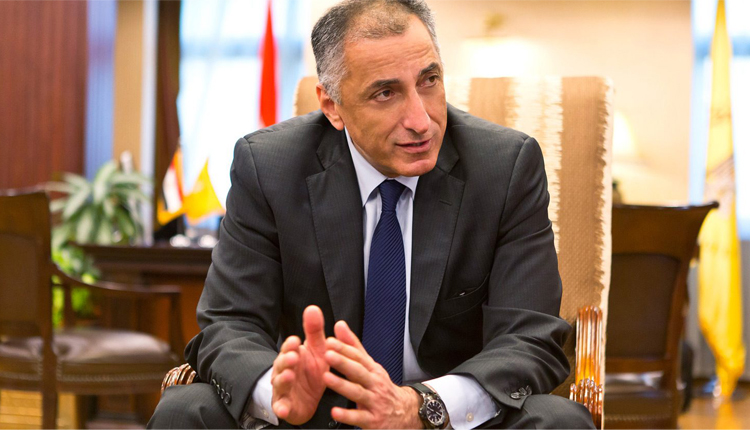Egypt’s monetary policy must consider community impact, says c.bank chief
“Policy makers have to have a sense of the market. At the end of the day these decisions are very political,” Amer said at the International Monetary Fund’s annual meeting in Bali.
“You can’t be in closed-doors and think raising interest rates is good, but you don’t know how the community is going to take that.’’
The comments offered a rare glimpse into the concerns facing the central bank as it decides whether to reduce interest rates to ease the budget deficit and boost growth.
Egypt floated its currency in November 2016 as the first step in broad changes aimed at curbing a crippling dollar shortage, reviving growth rates and boosting investor interest in the Arab world’s most populous nation. The move, accompanied by interest rate hikes and cuts in energy subsidies, helped secure a $12 billion IMF loan, but also sent inflation soaring to over 30 percent. Egypt has described the programme as home-grown measures aimed at ending long-standing policies that hammered the economy.
The central bank started cutting rates as inflation eased. But as emerging markets took a beating, foreign interest in Egyptian debt waned, resulting in an at least $7 billion outflow over the past few months. At the same time, headline inflation began to accelerate again, hitting 16 percent in September, dashing expectations of additional rate cuts this year.
Amer said the reform process had been difficult, but necessary. Despite some disagreements with the IMF, “they respect our opinion,” he said. “They’ve been very tolerant with us.”
Amer said tough measures wouldn’t have been possible without the full backing of President Abdel Fattah al-Sisi, and that the central bank had become the government and presidency’s “chief economic adviser.”
Source: Bloomberg


